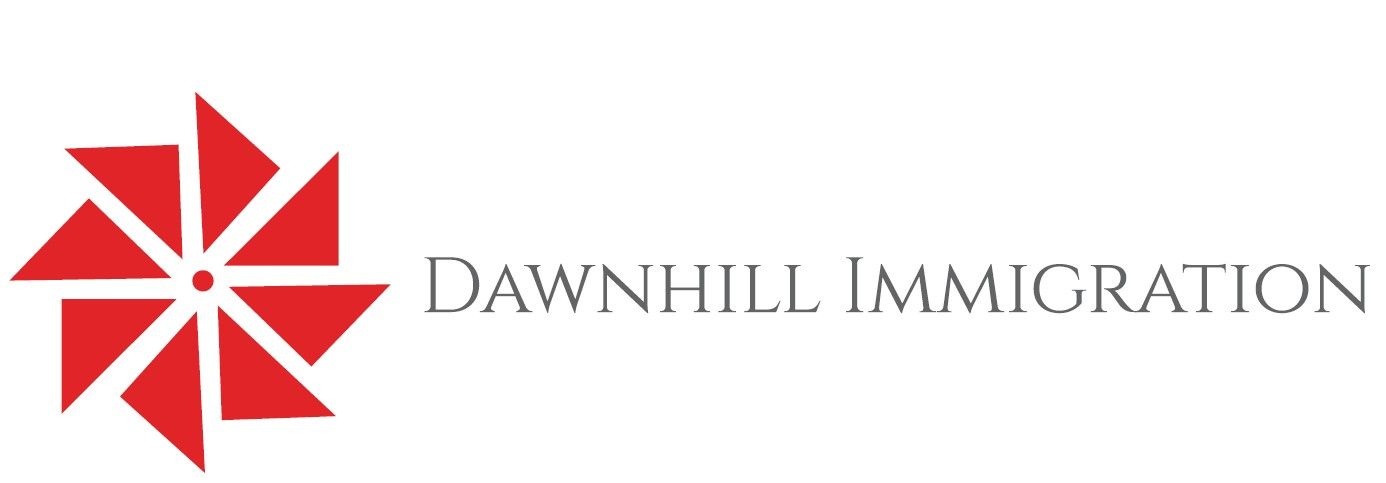FAQs About Canadian Immigration: Answers from the Experts
Understanding the Basics of Canadian Immigration
Immigrating to Canada is a dream for many across the globe, but the process can often seem daunting. With numerous pathways and requirements, it's essential to have a clear understanding of the basics. This section will help clarify the main categories of immigration to Canada.
Canada primarily offers immigration through three main pathways: economic immigration, family sponsorship, and refugee/humanitarian programs. Each category has its specific eligibility criteria and application processes.

What is Economic Immigration?
Economic immigration is one of the most popular routes to Canada. It includes programs such as the Express Entry system, Provincial Nominee Programs (PNPs), and business immigration options. These programs are generally targeted at skilled workers, entrepreneurs, and investors.
The Express Entry system is particularly notable for skilled workers. It uses a points-based system to assess candidates based on factors like age, education, work experience, and language proficiency. The highest-ranking candidates receive invitations to apply for permanent residency.

Family Sponsorship: Bringing Loved Ones to Canada
If you are a Canadian citizen or permanent resident, you may be eligible to sponsor certain family members to join you in Canada. This includes spouses, common-law partners, dependent children, parents, and grandparents.
The process involves proving the nature of your relationship and demonstrating your financial ability to support your family members once they arrive in Canada. It's an excellent way to reunite families and provide loved ones with new opportunities.

Refugee and Humanitarian Programs
Canada is recognized globally for its commitment to protecting refugees and offering humanitarian assistance. The country provides asylum to those who are escaping persecution, war, or disaster in their home countries.
There are several pathways under this category, including the Refugee and Humanitarian Resettlement Program, which helps refugees from outside Canada, and the In-Canada Asylum Program for those already present in Canada seeking protection.
Common Questions About Canadian Immigration
How long does the immigration process take?
The duration of the immigration process varies significantly depending on the chosen pathway. For instance, Express Entry applications can take as little as six months from start to finish, while family sponsorship applications may take longer.
Do I need a job offer to apply?
While having a job offer can enhance your profile under certain economic immigration programs, it is not always mandatory. Programs like the Express Entry system allow candidates without job offers to apply if they meet other eligibility criteria.
What are the language requirements?
Language proficiency in English or French is crucial for most immigration pathways. Applicants typically need to take standardized language tests like IELTS or CELPIP for English, or TEF for French, to demonstrate their abilities.
Navigating Your Canadian Immigration Journey
Embarking on your Canadian immigration journey requires careful planning and understanding of the various programs available. Consulting with immigration experts or legal professionals can provide invaluable guidance tailored to your unique circumstances.
Remember that each immigration pathway has its own set of rules and timelines, so it's important to stay informed and prepared throughout the process. Canada offers a wealth of opportunities for newcomers, making it a desirable destination for many around the world.

